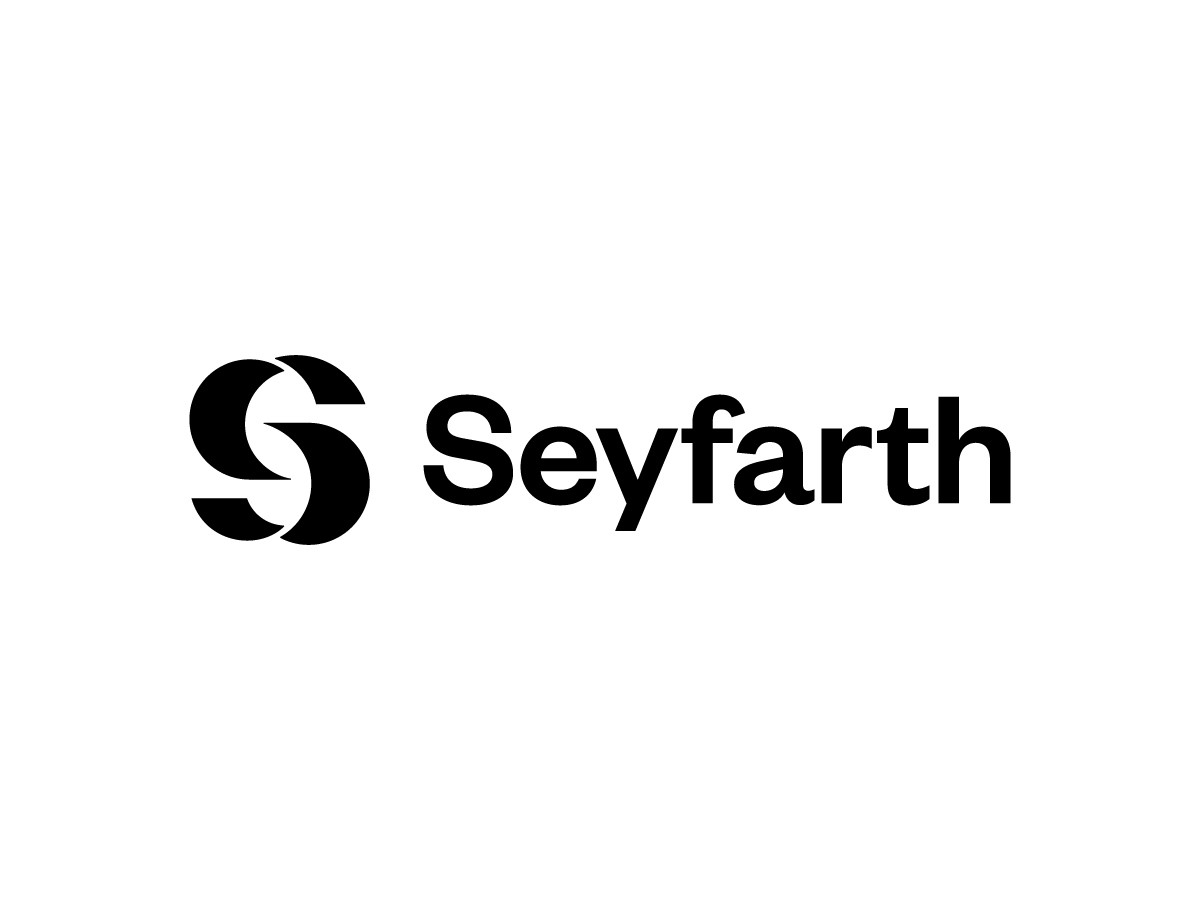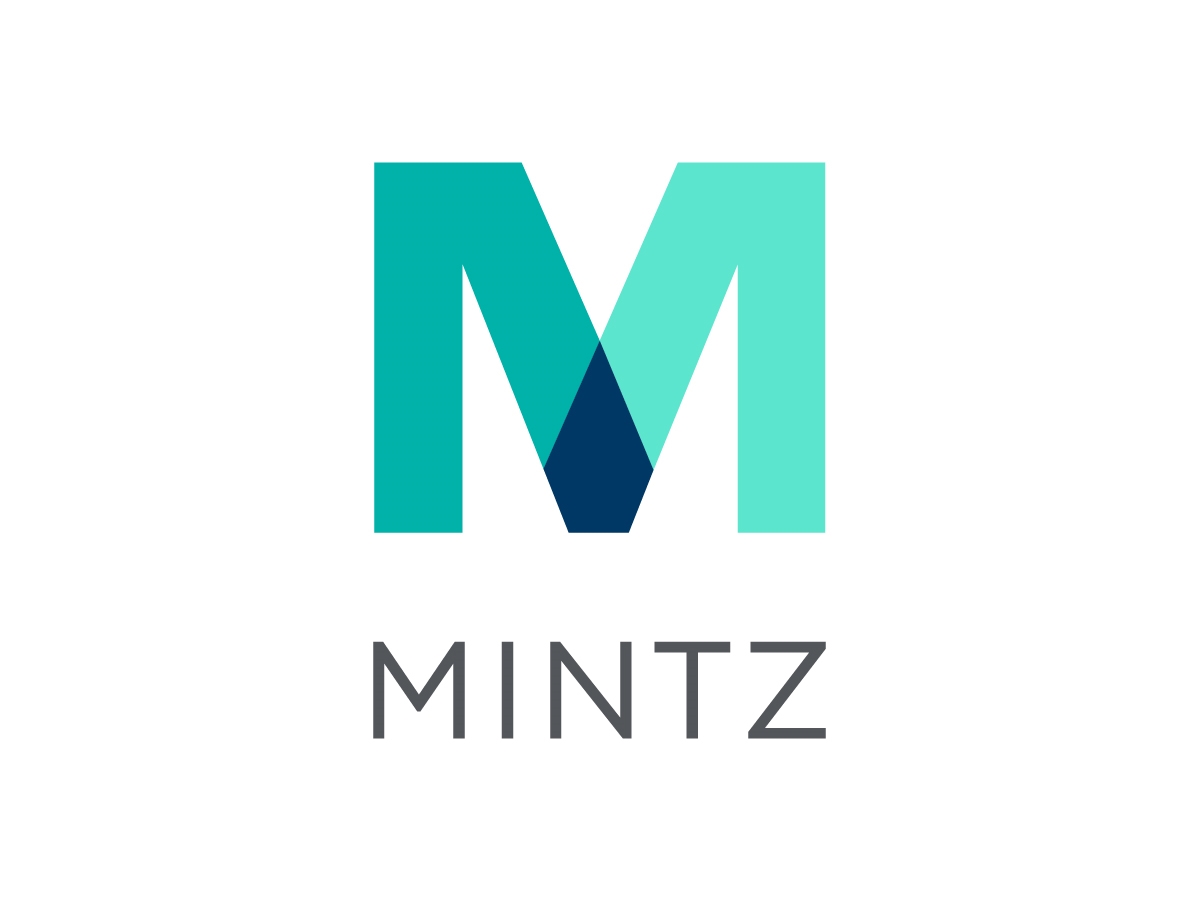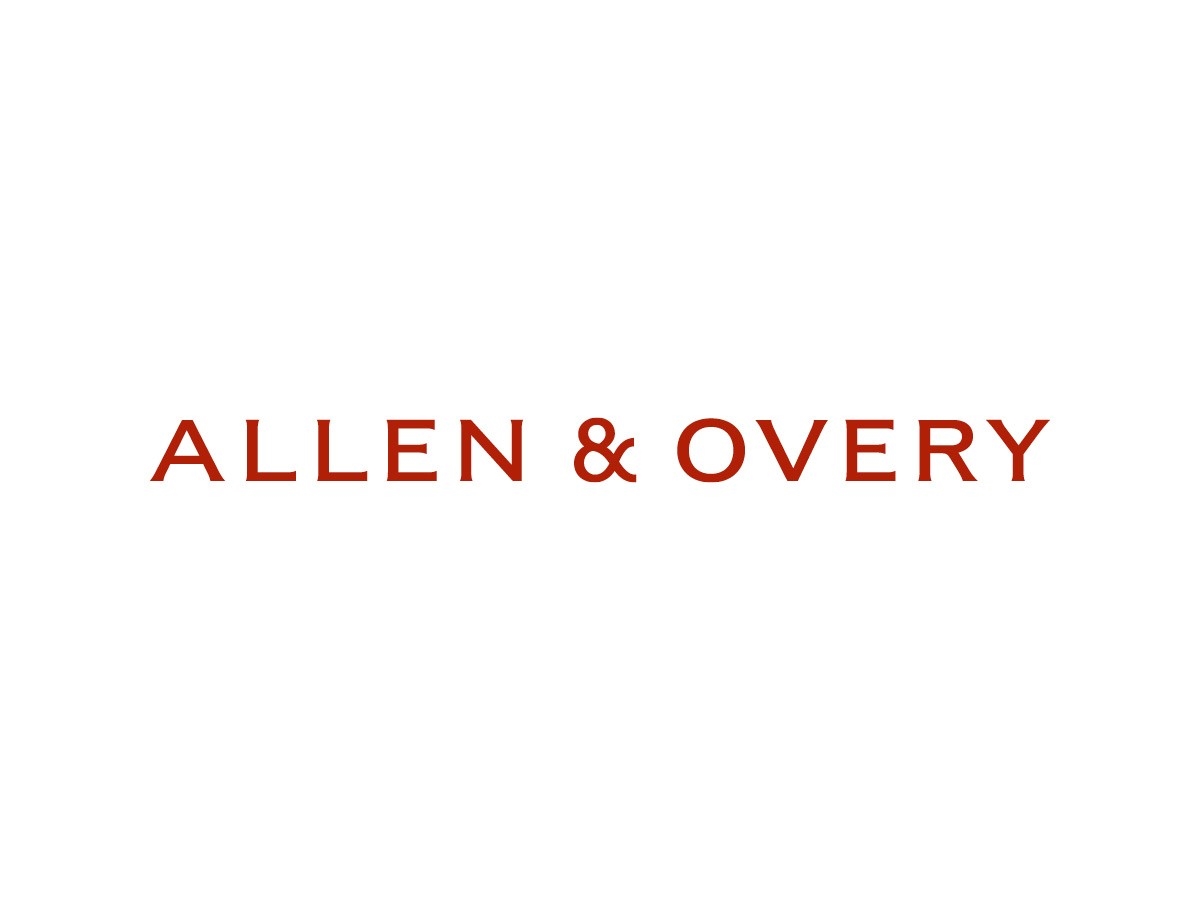A Tableau of Consumer Confusion – Are Alcohol Beverages and Bar Services Always Related? | Seyfarth Shaw LLP
A recent decision from the Trademark Trial and Appeal Board may make bars and alcoholic beverage brands think twice about their trademark selections. In In re Caymus, the Board upheld a refusal to register TABLEAU, based in large part on an inherent relatedness between wine and bar services. Exparte Appeal No. 97040804 (TTAB February 22, 2024). The Board’s opinion is silent on whether other alcoholic beverages and bar services may be considered related, but suggests that is likely the case.
Caymus Vineyards applied to register its TABLEAU mark for “wine” in Class 33. The USPTO Examining Attorney refused registration of Caymus’ mark based on the prior-registered, identical mark TABLEAU for “restaurant and bar services; cocktail lounges” in Class 43. Caymus appealed the decision to the Board alleging, among other things, that the Examining Attorney should have required a showing of “something more.” The “something more” requirement is typically applied in the context of determining whether food and beverage products and restaurant services are related. See TMEP § 1207.01(a)(ii)(A). Caymus also argued that the Examining Attorney’s reliance on the infinitesimally small percentage of restaurants that offer wine under the same mark as their restaurant services was insufficient for relatedness. The Board did not table this case and swiftly affirmed the refusal.
The Board noted that because there was no dispute over the fact that the parties’ marks are identical, a lesser degree of similarity between the goods and services was required to support a likelihood of confusion. Further, it rejected Caymus’ argument that “something more” has only been found in three instances: (1) when the applicant and registrant specialize in the same cuisine; (2) the registered mark is very unique; and (3) a registrant’s wine is sold at an applicant’s restaurant.
The Board noted that, in addition to a lack of authority to support Caymus’ position, Caymus’ arguments failed to consider the entirety of the registration’s identification of services. The registration not only covered “restaurant services,” but “bar services” and “cocktail lounges.” Because wine is often sold at bars and cocktail lounges, the Board found an inherent relationship between these goods and services. As such, the Board did not require a showing of “something more” to establish relatedness. Even so, the Board went on to analyze whether the “something more” standard was reached in this case and it confirmed that it was, based on the Office’s submission of 11 third-party registrations covering wine and restaurant services, examples of more than 10 third-party entities that offer wine and restaurant services, and at least 8 articles discussing entities that offer both wine and restaurant services.
This decision appears to fall in line with other decisions in which the Board has found a likelihood of confusion where marks are identical or highly similar and the goods and services at issue are alcoholic beverages and restaurant or bar services. See e.g., In re R.S. Lipman Brewing Company, LLC, Serial No. 88209633 (TTAB May 3, 2023) (affirming a refusal of CHICKEN SCRATCH for beer in view of an identical mark for restaurant services). But the Board is not always consistent. See e.g., In re 1729 Investments LLC, Serial No. 90694523 (TTAB April 24, 2023) (reversing refusal to register RAO’S for wine not sold in restaurants in view of the identical mark for bar and restaurant services); and In re Iron Hill Brewery, LLC, Serial No. 86682532 (TTAB July 28, 2017) (reversing refusal to register THE CANNIBAL for beer in view of CANNIBAL for restaurant services). It is important to note that this case is not precedential. Because the Board disfavors citing non-precedential opinions, the impact of this case is uncertain. However, dicta in the opinion does suggest that the Board would adopt a similar stance for other types of alcoholic beverages, indicating that wine is just one subset of the types of beverages that would be found related: “[I]t is clear that bar services and cocktail lounges, such as Registrant’s, focus on serving alcoholic beverages such as Applicant’s wine.” Therefore, purveyors of alcoholic beverages should ensure that when selecting a new trademark, they have evaluated whether any prior trademarks registered or used in connection with bar services might conflict with their chosen mark. Similarly, bar owners should consider whether their brand is too close for comfort to an alcoholic beverage brand. If not, an unwanted tableau of consumer confusion may be created.






